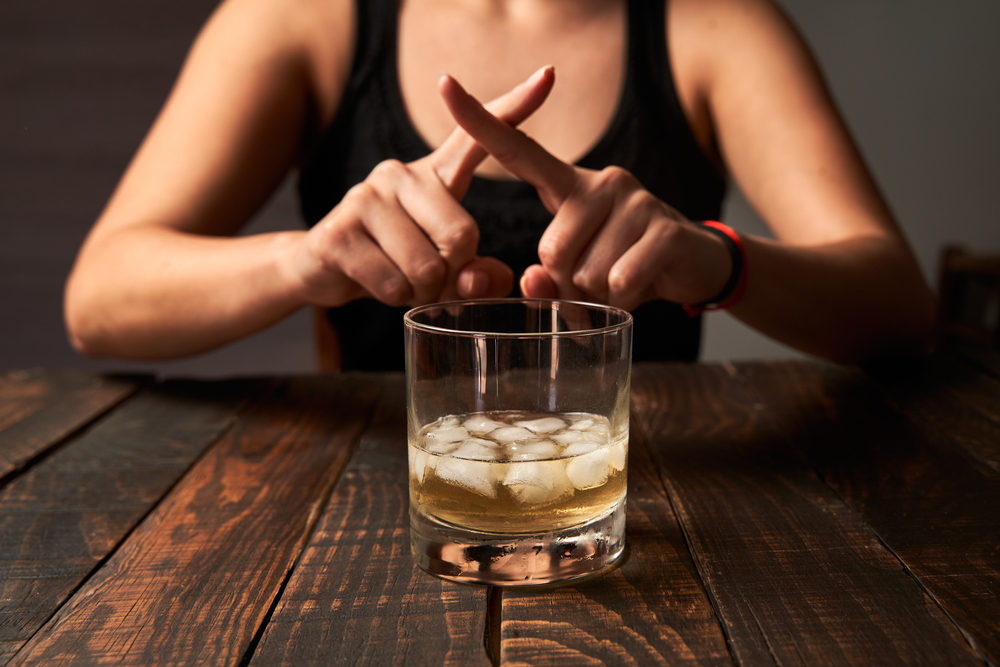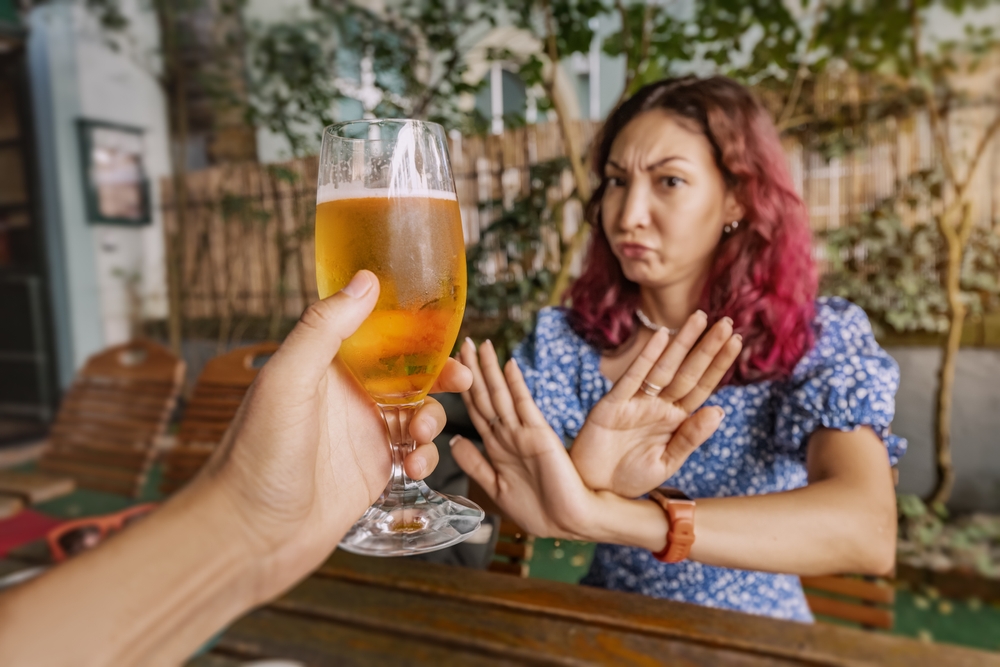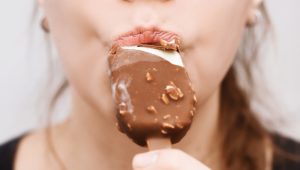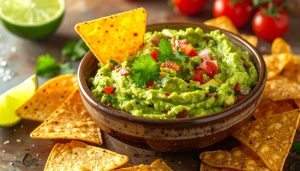Alcohol sabotages weight loss by completely shutting down your body's fat-burning processes for up to 36 hours while flooding your system with empty calories that provide zero nutritional value.
Beyond the immediate metabolic disruption, alcohol creates a cascade of hormonal imbalances, sleep disruption, intense food cravings, and nutrient absorption problems that make losing weight significantly harder.
Keep reading to discover the six specific ways alcohol derails your weight loss efforts and what you can do about it.
Alcohol Shuts Down Fat Burning for Up to 36 Hours
When you take that first sip, your body immediately recognizes alcohol as a toxin and shifts into emergency mode.
Your metabolism completely abandons its normal fat and sugar burning processes to focus exclusively on clearing the alcohol from your system.
This isn't a temporary pause—it's a complete metabolic shutdown that can last anywhere from 12 to 36 hours depending on how much you drink and your individual processing capacity.
The metabolic hierarchy is non-negotiable: your body will process every drop of alcohol before it even considers touching the food you've eaten or the fat you're trying to burn.
Think of it as your metabolism getting locked in a vault until the alcohol is gone.
But the damage goes beyond just pausing fat burning.
Alcohol metabolites actively interfere with your body's ability to access stored fat for energy, creating a double barrier to weight loss.
Meanwhile, your liver—your primary fat-burning organ—not only stops breaking down fat but actually begins producing more fat and cholesterol during alcohol processing.
Women face an even steeper uphill battle. Female bodies metabolize alcohol less efficiently than male bodies, meaning:
- Longer fat-burning shutdown periods
- More intense metabolic disruption
- Extended recovery times between drinking sessions
This gender difference means that even moderate drinking can put women's weight loss efforts on hold for well over a day, making consistent progress nearly impossible with regular alcohol consumption.
The takeaway is stark: every time you drink, you're essentially hitting the pause button on your weight loss goals for potentially the next day and a half.
Empty Calories Add Up Fast: The Hidden Caloric Impact
Most people meticulously track their food intake but completely ignore the caloric bomb sitting in their glass.
Alcohol packs 7 calories per gram—nearly double the caloric density of protein or carbohydrates—while delivering absolutely zero nutritional value.
The anatomy of alcoholic beverages reveals the problem: they're essentially flavored alcohol mixed with water and sugars, containing negligible amounts of proteins, vitamins, or minerals.
You're drinking pure energy without any of the nutrients your body needs to function optimally.
The Real Numbers Behind Your Drinks
Mixed drinks: 100-150 empty calories per serving
Wine: 120-130 calories per glass
Beer: 150-300+ calories (varies dramatically with alcohol content)
These numbers become staggering when you consider typical consumption patterns.
Two glasses of wine at dinner adds 240-260 calories to your day.
A couple of beers while watching the game can easily contribute 400-600 calories.
That single night out with three mixed drinks just loaded your system with 450 calories of nutritionally vacant energy.
Here's the weight loss reality check: if you're working hard to maintain a 500-calorie daily deficit for steady weight loss, just two drinks can completely eliminate your progress.
Three drinks don't just erase your deficit—they push you into caloric surplus territory.
The solution isn't complicated, but it requires discipline.
Track alcohol calories with the same vigilance you apply to food calories.
Every gram of alcohol contains nearly as many calories as fat, yet most people treat drinks as somehow separate from their daily caloric intake.
When you're choosing between a 150-calorie piece of grilled chicken that provides protein for muscle maintenance and satiety, or a 150-calorie beer that offers nothing but temporary pleasure, the weight loss math becomes crystal clear.
Sleep Disruption Derails Your Metabolism
Alcohol creates a cruel sleep paradox: it makes you feel drowsy initially, then systematically destroys the quality of rest you actually get.
That nightcap might help you fall asleep faster, but it guarantees you'll spend more time tossing and turning throughout the night as increased periods of wakefulness fragment your natural sleep cycles.
The metabolic consequences of this disrupted sleep extend far beyond feeling groggy the next morning.
Sleep deprivation triggers a cascade of hormonal imbalances that directly sabotage weight loss efforts:
- Hunger hormones go haywire – disrupted sleep throws off the delicate balance between hormones that control appetite and satiety
- Energy storage shifts – your body becomes more likely to store calories as fat rather than burn them for energy
- Metabolism regulation breaks down – your natural ability to control when and how much you eat becomes compromised
The Double-Hit Effect
Alcohol delivers a one-two punch to your weight loss goals through sleep disruption.
The dehydration caused by alcohol consumption compounds the metabolic damage from poor sleep quality, creating intense cravings for exactly the foods you're trying to avoid: high-sugar, high-carb, and high-fat options.
This isn't just about willpower—it's biochemistry working against you.
When your sleep-deprived brain seeks quick energy and your dehydrated body sends confusing hunger signals, reaching for a donut instead of an apple becomes a physiological inevitability rather than a character flaw.
Sleep ranks as one of the three pillars of weight loss success, standing equal with nutrition and exercise.
Alcohol systematically undermines this foundation, making your diet and workout efforts significantly less effective.
The solution requires planning ahead: avoid alcohol within 3-4 hours of bedtime to give your body time to process it before sleep.
This single change can dramatically improve both sleep quality and next-day food choices.
Hormonal Chaos: How Alcohol Sabotages Your Body's Balance
Your endocrine system operates like a finely tuned orchestra, with dozens of hormones working in precise harmony to regulate everything from hunger to fat storage.
Alcohol crashes into this delicate system like a wrecking ball, triggering a stress response that sends multiple weight-regulating hormones spiraling out of control.
The Stress Response Cascade
When alcohol enters your bloodstream, your body doesn't recognize it as a beverage—it identifies it as a toxin and a threat. This perception immediately activates your hypothalamic-pituitary-adrenal axis, your body's primary stress response system, which floods your system with cortisol.
Elevated cortisol creates a perfect storm for weight gain: it specifically increases abdominal fat storage while simultaneously raising your risk for obesity, diabetes, and heart disease.
This isn't just temporary bloating—it's your body actively reshaping itself to store more fat around your midsection with each drinking session.
The Testosterone Connection
Alcohol's assault on your hormonal balance extends to testosterone, a hormone that plays a crucial role in both muscle formation and fat burning capabilities.
Regular alcohol consumption suppresses testosterone production, creating a double disadvantage: you lose muscle-building potential while your fat-burning capacity diminishes.
For men, this testosterone disruption becomes particularly problematic.
Low testosterone levels often predict the development of metabolic syndrome, a cluster of conditions that makes weight loss exponentially more difficult and weight gain almost inevitable.
Hunger Hormone Havoc
The leptin-ghrelin system controls your most basic eating behaviors:
- Leptin signals when you're full and should stop eating
- Ghrelin triggers hunger and drives you to seek food
Alcohol throws both hormones completely off balance.
Your brain stops receiving clear “I'm full” signals from leptin while ghrelin continues screaming “eat more food,” creating the perfect recipe for overconsumption and poor food choices.
This hormonal disruption explains why the “beer gut” isn't just a cultural stereotype—it's a biological reality.
The combination of elevated cortisol promoting abdominal fat storage, suppressed testosterone reducing fat burning, and disrupted hunger hormones driving overconsumption creates the ideal conditions for belly fat accumulation.
The more frequently you drink, the more entrenched these hormonal imbalances become, making weight loss progressively more difficult while fat gain becomes increasingly automatic.
The Craving Cycle: Why Alcohol Makes You Overeat

Alcohol doesn't just sabotage your metabolism—it hijacks your brain's decision-making processes, launching a coordinated assault that makes you crave food with increasing intensity after each drink.
This isn't a lack of willpower; it's biochemistry working against you in real time.
The pattern is predictable and powerful. Most people hit their breaking point by the second or third drink, when the munchies kick in with overwhelming force.
But your alcohol-influenced brain doesn't crave a balanced salad or grilled chicken—it demands nachos, pizza, loaded fries, and other calorie-dense, nutrient-poor foods that deliver instant gratification.
The Blood Sugar Paradox
Here's where alcohol's effects become particularly insidious: despite being loaded with sugar, alcohol actually causes your blood sugar levels to crash.
Your body processes the alcohol sugars differently than food sugars, creating a metabolic confusion that sends false hunger signals throughout your system.
This blood sugar rollercoaster creates a two-pronged attack on your eating behavior:
- Intensifies carbohydrate cravings as your brain seeks quick energy to stabilize blood sugar
- Triggers overeating behaviors once food becomes available, as your body tries to compensate for the perceived energy deficit
The result isn't just eating when you wouldn't normally be hungry—it's eating significantly more than you would in any other circumstance.
The Next-Day Aftermath
The craving cycle doesn't end when you stop drinking.
Hunger and carbohydrate cravings often carry over into the following day, creating a 24-48 hour window where your weight loss efforts face constant sabotage.
The morning after drinking, your serotonin levels plummet, leaving your brain desperately seeking the mood-boosting effects of carb-heavy, high-fat foods.
This neurochemical imbalance explains why you wake up craving pancakes, bagels, and greasy breakfast foods instead of the protein-rich meals that would actually support your weight loss goals.
Strategic defense requires advance planning. Before you start drinking, establish your food boundaries and stock your environment with healthier options.
Eat a balanced meal beforehand to minimize blood sugar crashes, and keep nutrient-dense snacks readily available to satisfy the inevitable munchies without derailing your progress entirely.
The key insight: alcohol doesn't just make you hungrier—it fundamentally alters what you're hungry for, steering you toward exactly the foods that will maximize weight gain and minimize satisfaction.
Nutrient Depletion: How Alcohol Starves Your Metabolism
Your digestive system operates like a sophisticated extraction facility, carefully pulling vitamins, minerals, and macronutrients from food to fuel every metabolic process in your body.
Alcohol transforms this efficient system into a broken machine, systematically blocking the absorption of nutrients that are essential for weight loss and optimal metabolism.
The damage starts in your small intestine, where chronic alcohol use inhibits the absorption of virtually every nutrient category: glucose, amino acids, lipids, water, vitamins, and minerals.
Even if you're eating a perfect diet, alcohol prevents these nutrients from reaching the organs and tissues that need them most.
The B Vitamin Theft
Alcohol metabolism creates a particularly devastating form of nutritional robbery.
Processing alcohol requires massive amounts of niacin, thiamine (vitamin B1), and other B vitamins—nutrients that should be powering your metabolism, energy production, and fat burning processes.
Here's the metabolic math: every drink you consume raids your body's vitamin stores to break down the alcohol, leaving fewer resources available for the metabolic processes that drive weight loss.
Your liver, muscles, and brain all compete for the same limited pool of B vitamins, and alcohol always wins this competition.
Critical Nutrient Casualties
The nutrient depletion extends far beyond B vitamins:
- Vitamin D and E – essential for hormone production and cellular energy
- Zinc – crucial for metabolism regulation and immune function
- Magnesium – needed for over 300 enzymatic reactions including fat burning
This isn't just a problem for heavy drinkers.
All levels of alcohol intake impair digestion and absorption of nutrients that are crucial for organs involved in weight management. Even moderate, “social” drinking creates measurable deficiencies that compound over time.
The Metabolism Starvation Effect
Nutrient deficiencies create a cascading failure in your metabolic machinery.
When your body lacks the vitamins and minerals needed for optimal energy production, your metabolism slows down to conserve resources.
Fat burning becomes inefficient, energy levels plummet, and your body shifts into conservation mode—the exact opposite of what you need for weight loss.
The cruel irony is that you can be overfed on calories while simultaneously malnourished at the cellular level.
Your body receives plenty of energy from alcohol and food but lacks the micronutrients needed to process that energy efficiently.
For regular drinkers attempting weight loss, working with a healthcare provider to assess nutrient status becomes essential.
Blood tests can reveal specific deficiencies that may be quietly sabotaging your efforts, while targeted supplementation can help restore the nutritional foundation your metabolism needs to function optimally.
The bottom line: alcohol doesn't just add empty calories—it actively prevents your body from utilizing the good calories you consume, creating a nutritional deficit that makes weight loss exponentially more difficult.
Conclusion
Alcohol creates a perfect storm against weight loss: it shuts down fat burning for over a day, floods your system with empty calories, disrupts sleep and hormones, triggers intense food cravings, and prevents your body from absorbing the nutrients it needs to function optimally.
These six mechanisms work together to make losing weight significantly harder and gaining weight almost inevitable with regular drinking.
If weight loss is your priority, the science is clear—alcohol needs to be the first thing you cut from your routine, not the last.







